What is a good profiler for .NET 4.0? I'm willing to spend some money, but not too much (say up to £50)
I'm developing games for windows phone and xbox using XNA, which means that the projects are commercial. I mention it because I've seen several which are free for non commercial use.
Extra points for Visual studio integration.
Nb. I'm using Visual Studio Professional 2010
